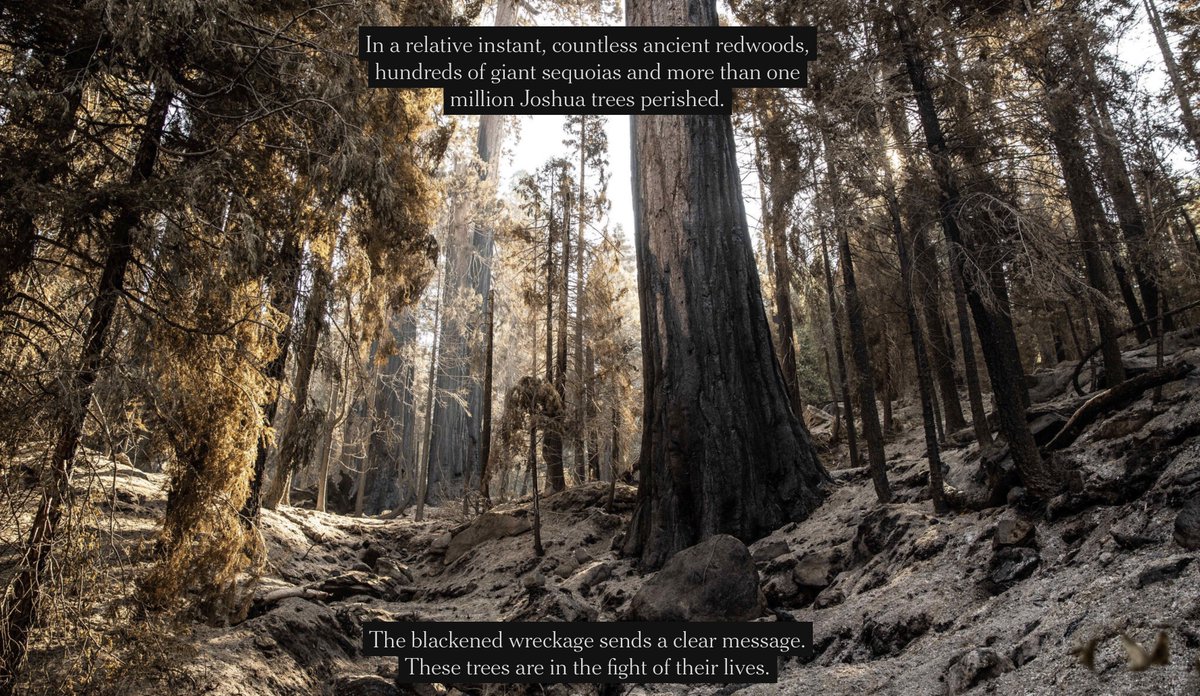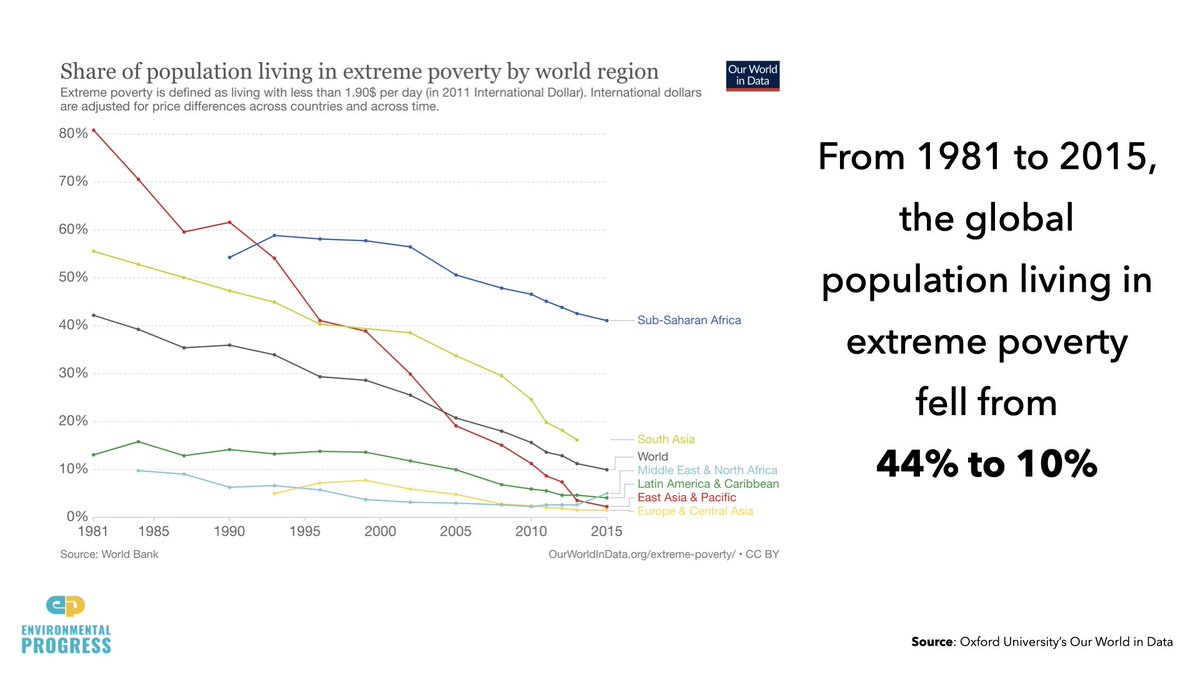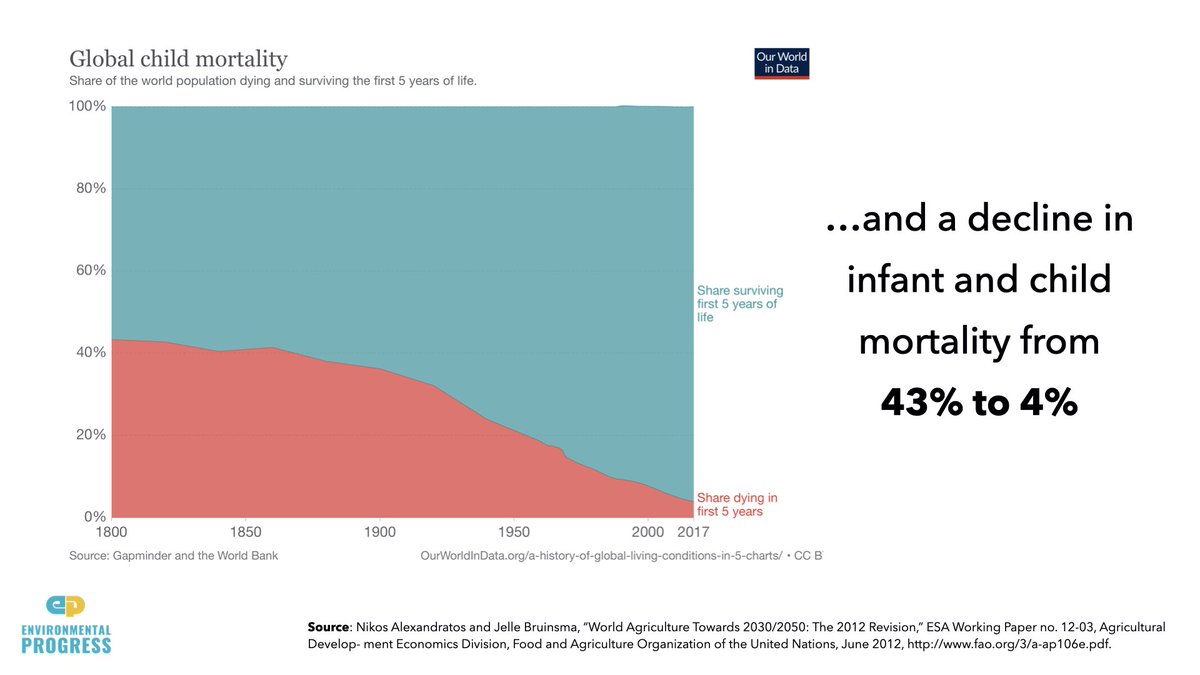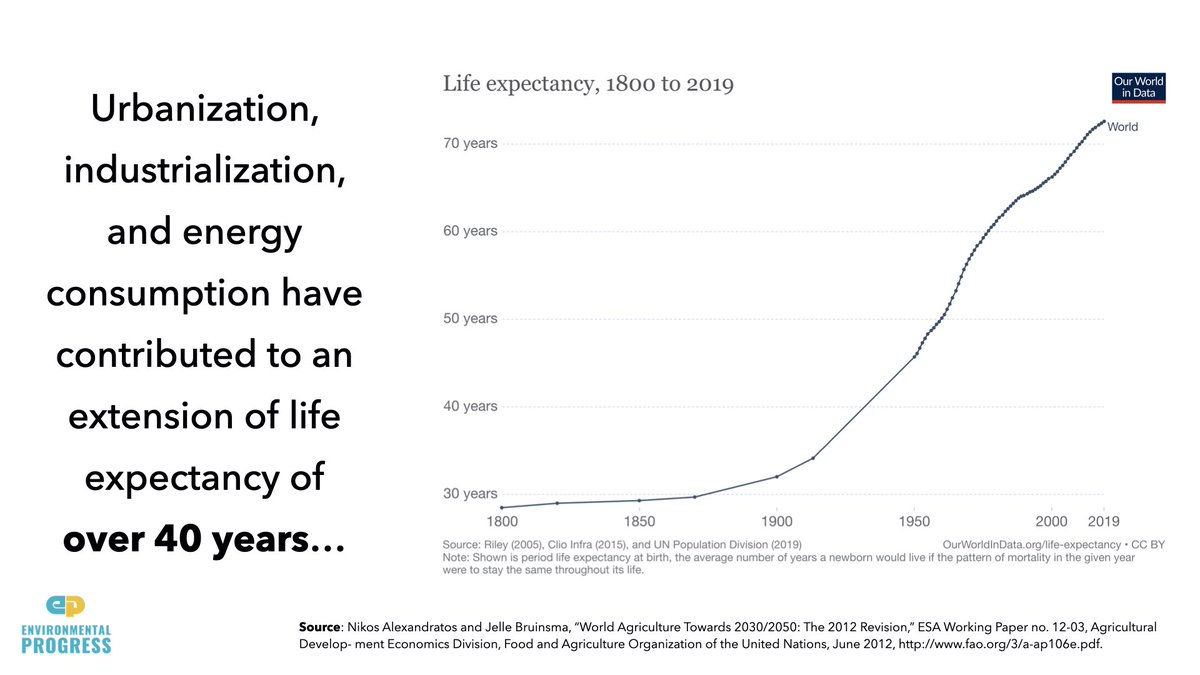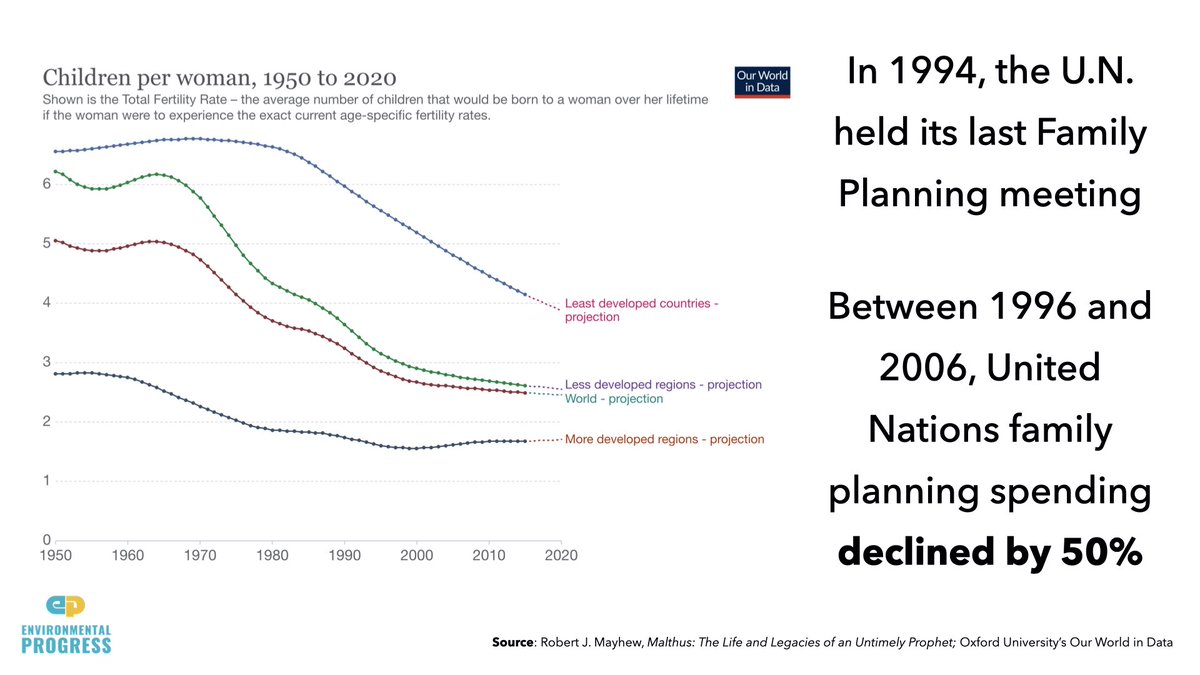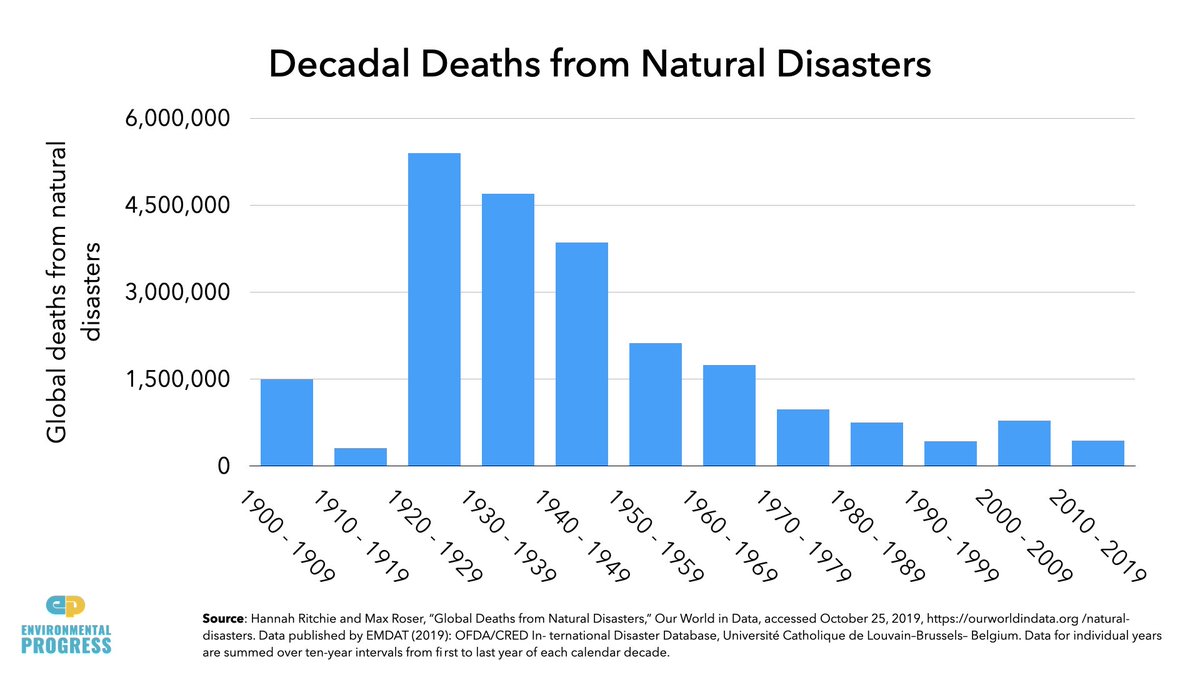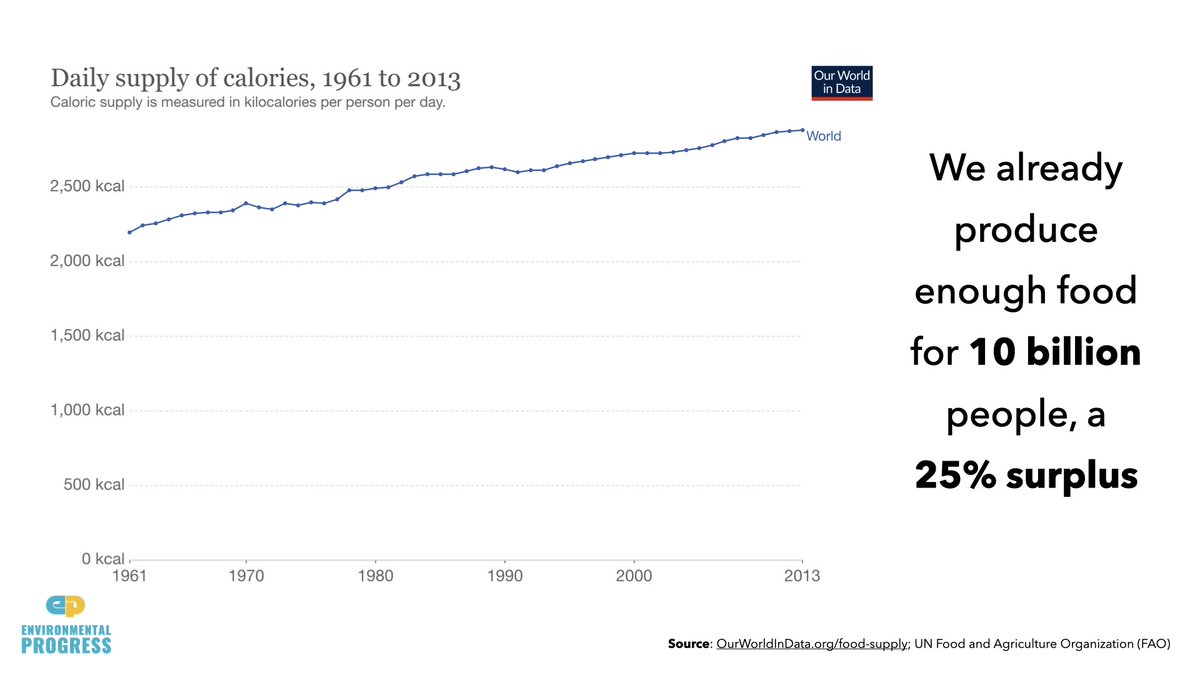
The imminent, premature, & unnecessary closure of nuclear plants threatens to increase electricity prices, blackouts, and emissions, which declined more in the US than in any other nation in history, 2000-2020
My first-ever testimony before the US Senate
environmentalprogress.org/big-news/2021/…
My first-ever testimony before the US Senate
environmentalprogress.org/big-news/2021/…
Greenhouse gas emissions declined more in the US over the last 20 years, a remarkable achievement.
The US is the global climate leader.
The US is ahead of its United Nations emissions reductions targets
Why haven't the mainstream news media reported this?
The US is the global climate leader.
The US is ahead of its United Nations emissions reductions targets
Why haven't the mainstream news media reported this?

The media also mis-reported Texas cold snap.
While all energy sources failed, they didn’t all fail equally. The capacity factors for nuclear, natural gas, coal, and wind during the cold snap were 79 percent, 55 percent, 58 percent, and 14 percent, respectively.
While all energy sources failed, they didn’t all fail equally. The capacity factors for nuclear, natural gas, coal, and wind during the cold snap were 79 percent, 55 percent, 58 percent, and 14 percent, respectively.
Although Texas lost one of four of its nuclear reactors after cold water affected a sensor, automatically shutting down the reactor, it returned to service within 36 hours, and thus in time to help end the power cuts.
Meanwhile, nuclear reactors in other cold snap states, Nebraska, Kansas, Arkansas, Missouri, Illinois, Minnesota, Wisconsin, Ohio, and Michigan, operated normally.
Even if all Texas wind turbines had been winterized, they wouldn't contributed significantly to electricity because wind speeds in cold snaps are so low, which is why grid operators do not rely on wind turbines to provide more than trace amounts of power during those periods.
And, indeed, while wind turbines north of Texas functioned more or less as intended, during the cold snap, they produced very little power for their grids.
Part of the reason for inadequate in-state electricity supply in California last August was that state regulators had closed in-state baseload power plants.
"People wonder how we made it through the heat wave of 2006,” said California’s grid operator. “The answer is that there was a lot more generating capacity.... We had San Onofre [nuclear plant] of 2,200 megawatts."
Texas and California show that policymakers and regulators have struggled to manage the grid’s high and rising level of complexity, with troubling consequences.
Are we so confident that reducing energy diversity while pushing more variable energy onto electrical grids is the best path forward in terms of reliability, affordability, and sustainability?
• • •
Missing some Tweet in this thread? You can try to
force a refresh







